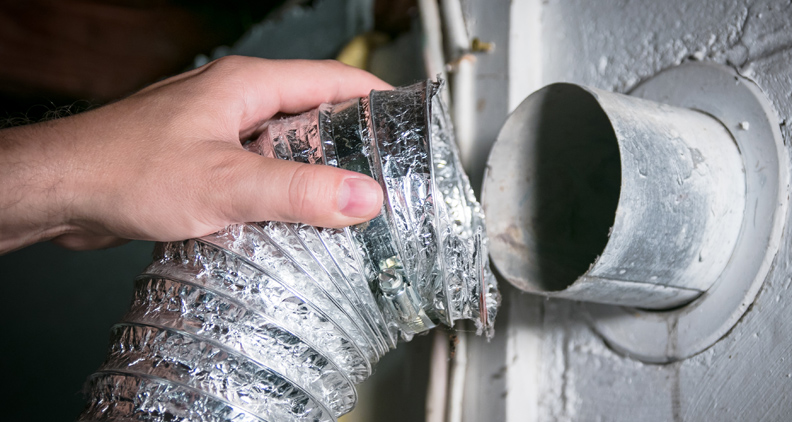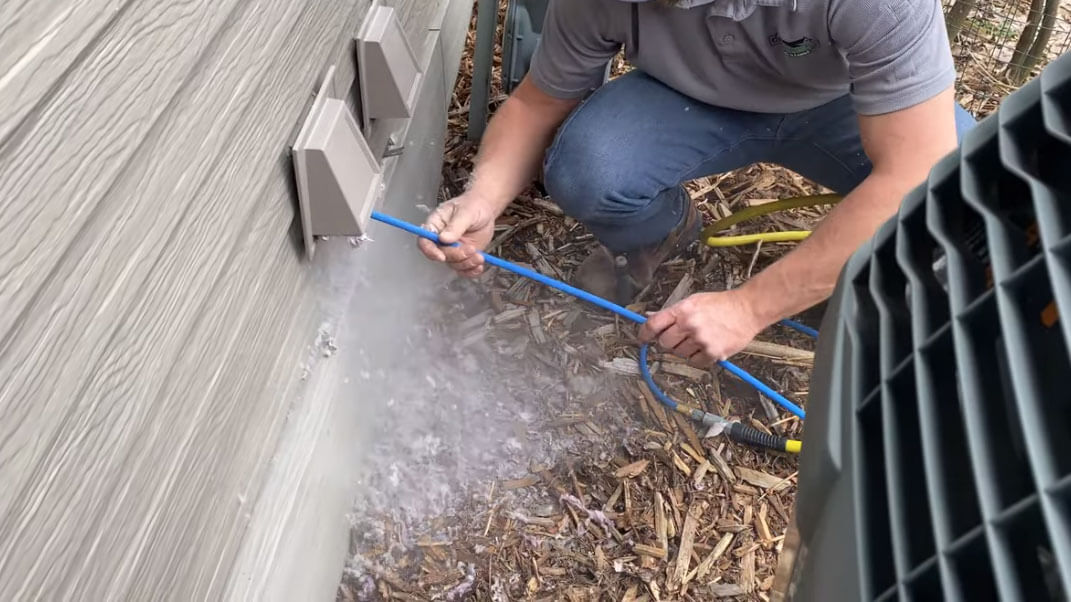Designing a residential HVAC system requires careful planning and understanding of various critical factors. Whether you’re a homeowner or a business owner, creating a comfortable and energy-efficient living environment should be at the top of your home improvement agenda. With the right technological inputs and a structured approach, anyone can achieve a well-balanced indoor climate. This guide will walk you through the steps involved in designing a residential HVAC system to ensure that you meet comfort and energy efficiency needs effectively.

Why Designing an HVAC System Matters
Understanding the importance of HVAC design can significantly impact your home’s comfort and energy expenses. Investing time to properly plan your HVAC system will not only improve air quality but also maximize its longevity.

Initial Assessments
Load Calculation
Before diving into the specifics, performing load calculations is crucial. Accurate load calculations will define your system’s capacity, ensuring effective heating and cooling. Tools like the Manual J Load Calculation can be incredibly helpful for this task.
Assessing Your Home’s Characteristics
Every home is unique, and understanding the characteristics such as size, layout, and construction materials will influence the HVAC system design. This includes insulation quality, window types, and even local climate.

Selecting the Right Components
Choosing the Right Unit
The type of HVAC unitsplit system, packaged unit, or ductless mini-split systemwill depend on your specific needs and home design. Each option has its pros and cons which should be evaluated thoroughly.
Ductwork Design
A well-designed duct system ensures efficient airflow throughout your home. Poor ductwork design can lead to energy losses and reduced efficiency. Make sure to consult professionals for a customized plan.
Installation Steps
System Placement
The placement of your HVAC unit significantly impacts its efficiency. Ensure the outdoor unit is placed in a shaded area and has proper clearance from any obstructions.
Incorporating Advanced Technologies
Todays advanced HVAC technologies offer energy-saving features like programmable thermostats and zoning systems. These add-ons not only make your system more efficient but also tailored to your specific needs.
Testing and Balancing
System Performance Testing
After installation, conducting performance tests ensures your system operates as planned. This includes checking airflow, temperature, and system pressures.
Balancing the System
Balancing your HVAC system means ensuring that air distribution is even throughout the home. An unbalanced system may result in some areas being too hot or cold.
Maintenance and Upkeep
Regular Check-ups
For prolonged system efficiency, regular maintenance check-ups are essential. Scheduled servicing can help identify potential problems before they escalate into costly repairs.
Cleaning and Filters
Keeping the unit clean and changing filters regularly will significantly affect the system’s efficiency. As recommended by experts, change your filters every 1-3 months for optimal performance. Check out this [guide from Food Network](https://www.foodnetwork.com/recipes/packages/comfort-foods/easy-one-pot-meals/10-things-to-cook-in-a-cast-iron-skillet ‘nofollow’) for more info.
Cost Considerations
Initial Investment
The cost of a residential HVAC system varies depending on the complexity and quality of components. Its essential to prepare a budget that covers initial investment and potential running costs.
Long-term Savings
A well-designed and maintained HVAC system will ultimately offer long-term savings on energy bills. Energy-efficient systems often come with rebates and incentives that further reduce costs.
Future Trends in HVAC Systems
Smart HVAC Systems
Smart HVAC systems equipped with IoT technologies are making homes more intuitive and energy-efficient. Features include remote monitoring and automated adjustments to the indoor climate.
Eco-friendly Options
Given the rise in environmental awareness, more homeowners are considering eco-friendly HVAC options like geothermal and solar-powered systems.
FAQs
1. Why is load calculation important in HVAC design?
Load calculation determines the system’s capacity to ensure effective heating and cooling. It helps in selecting the right size and type of unit for your home.
2. How often should I maintain my HVAC system?
Regular maintenance is crucial for system efficiency. Scheduled check-ups are recommended at least once a year.
3. What are the benefits of smart HVAC systems?
Smart HVAC systems offer features like remote monitoring, automated adjustments, and higher energy efficiency, making them a cost-effective and convenient choice.
For more insights into maintaining and designing HVAC systems, don’t miss out on other valuable resources like [Who is Responsible for an HVAC system?](https://ductcleaninggilbert.com/who-is-responsible-for-the-hvac-system-in-a-commercial-lease-2/ ‘dofollow’)
As an Amazon Associate, I earn from qualifying purchases.